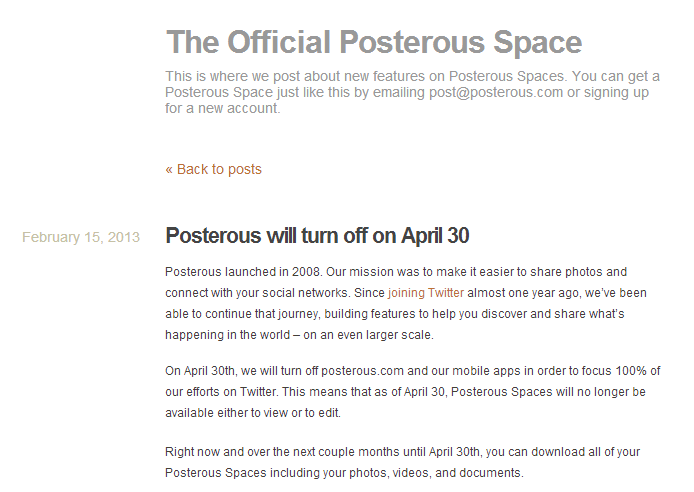I practically live on the phone. I get on the phone to talk to development team in India. I get on the phone to speak to sales engineering team all over the world. I get on the phone to talk to customers and support team. Thanks to desktop sharing apps like WebEx and Microsoft OCS, I get to share documents, do awkward whiteboard drawing using my trackball, and get to see the feature requests or bugs directly as it happens on customer environment.
I cannot imagine working without a phone line and desktop sharing application.
But whenever I get to visit a customer, a sales person, a support engineer or anyone in person, I realize how much signal I am missing from just muffled VoIP audios. It's like one of those moments when you don't realize what you are missing until you actually try it. All of sudden you are noticing details that you did not notice from voice calls. The information bandwidth is qualitatively different with a in-person meeting.




